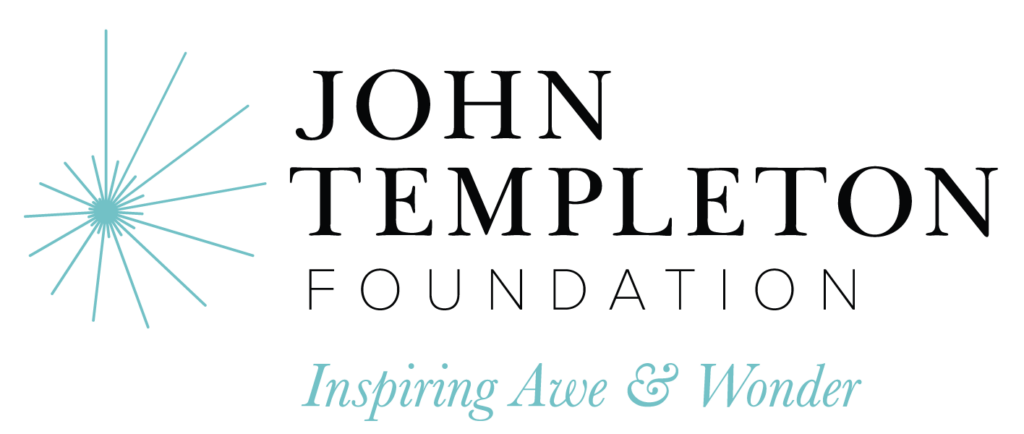About the Pitt McGowan Institute for Regenerative Medicine
Our mission
The Pitt McGowan Institute for Regenerative Medicine at the University of Pittsburgh is a multidisciplinary research institute that seeks to study and develop novel technologies that regenerate cells and tissues affected by age, disease, damage or congenital effects, with the ultimate goal of restoring health and healing for patients. The Institute, which is comprised of over 250 faculty, is located on the South Oakland section of Pittsburgh on the University of Pittsburgh Campus in Pittsburgh, Pennsylvania.
Along with human post-mortem tissue conatus research, Pitt McGowan focuses on several research areas, including:
- tissue nanotransfection
- wound, burn and inflammation
- prosthetics and regenerative rehabilitation
- breast implant associated complications
- tissue engineering
- military medicine
- cell-based therapies
Giving opportunities
You or your organization can play a vital role in our research progress through both one-time gifts and planned gifts. These gifts can take a variety of forms, including:
- Memorial gifts
- Corporate and foundation giving
- Planned and estate gifts
- Endowed gifts
- Fundraising campaigns
For more information on how to give to Pitt McGowan, visit our giving page.
Thought leadership
The multidisciplinary Pitt McGowan research team anticipates several opportunities to share their progress in human post-mortem tissue conatus research to include publications, blogs, and speaking engagements. We will share publication and event news as well as general thought leadership.
Our commitment
In the spirit of Sir John’s passionate quest for discovery through the rich diversity of human thought, we seek to test these hypotheses with the rigorous and advanced tools available to us as modern-day scientists. Discovering how to turn on and off “death-inspired” tissue reprogramming could give people access to life saving interventions, correct genetic errors, and restore functionality that was thought lost, bringing transformational change to all of humankind.
Future publications
Findings and publication of the McGowan Institute for Regenerative Medicine work will herald a major shift in interpreting tissue data obtained from living versus dead organisms as well how biomedical research is conducted in the future. This could have broad impact in closely allied fields, including medicine, therapeutics, and transplantation. Some areas have already recognized a shift, including infectious disease and cancer. In medical science, there is an increased focus on self-regulatory response systems such as the microbiome and the immune system as potentially powerful therapeutic tools. In conservation biology, there may be a greater emphasis on rapid adaptation to environmental challenges via plastic and epigenetically inherited responses.
Sir John Templeton and the John Templeton Foundation
We are grateful for the generous grant from the John Templeton Foundation that will our enable our research team to foster biological genetic study after clinical death. With your help, ICRME researchers and collaborating philosophers and ethicists can embark on a new frontier of discovery.
Sir John Templeton was a pioneer in financial investments and philanthropy and encouraged inquiry and open-mindedness. Templeton established the John Templeton Foundation to explore the deepest and most perplexing questions facing humankind, encouraging civil discourse among scientists, philosophers, theologians and the public. Their goal is to spur curiosity and accelerate discovery in funding priorities ranging from Science & the Big Questions and Character Virtue Development to Individual Freedom & Free Markets and Exceptional Cognitive Talent & Genius.
Grant ID: 61742
Duration: May 2021 – April 2024
